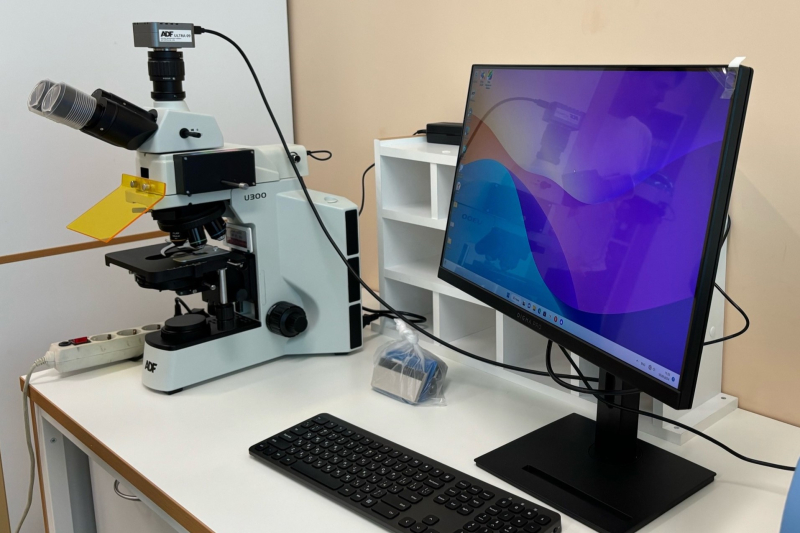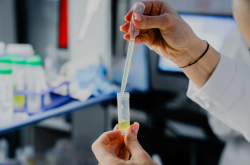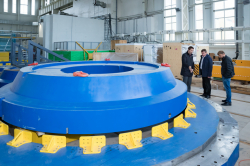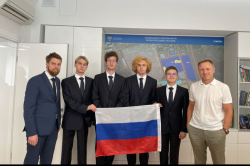The new laboratory was two years in the making. Earlier, the lyceum’s educators and the researchers from ITMO’s International Research and Educational Center for Physics of Nanostructures had organized a three-month course in physics and IT, as well as a year-long course in physics at the school, where students got to develop their own research projects.
“We want to introduce students to a new class of materials – nanoparticles and nanoparticle-based structures. Understanding the physics and chemistry of these objects is crucial for efficient application of nanoparticles in biology and other areas. During their time at the lab, students will learn all about composite materials engineering, as well as the fundamentals of optics, microscopy, and spectroscopy. Moreover, they will learn to synthesize several types of nanoparticles and work with spectral devices, conduct experiments as part of a research team, analyze their results, and present them. Equipped with these skills, students will be able to navigate the world of science and make educated career choicesbe mindful when choosing their career,” says Anna Orlova, the head of the International Laboratory “Hybrid Nanostructures for Biomedicine.”
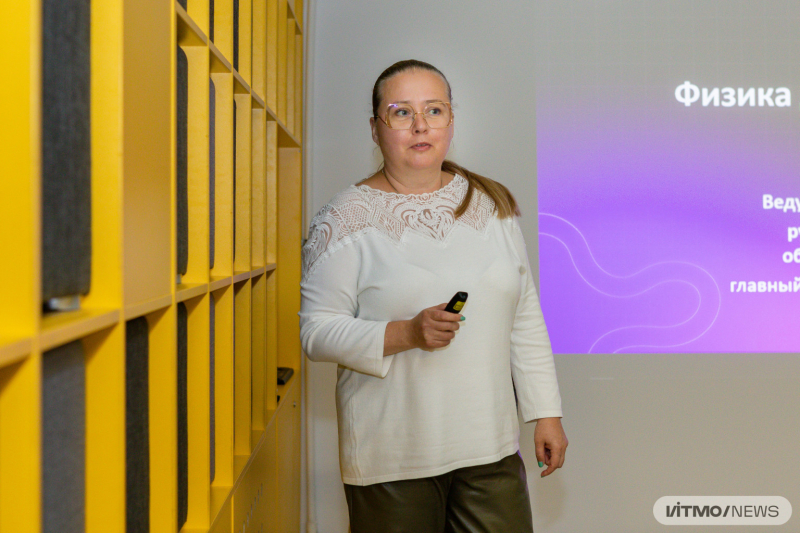
Anna Orlova. Photo by Dmitry Grigoryev / ITMO.NEWS
From September to March, 30 students will work at the new lab, attending lectures on nanoparticles in biomedicine, as well as optics, microscopy, spectroscopy, and chemistry of nanostructured materials. Their studies will also include quizzes, demonstrations of physical phenomena, and practical classes on a fluorescent microscope, spectrophotometer, and spectrofluorometer.
In early April, students will take part in a selection process, after which 10-12 of them will be able to join group projects. Students of the International Laboratory “Hybrid Nanostructures for Biomedicine” will help young researchers figure out the topics of their projects, such as creating a sensor based on a porous matrix or luminescent nanoparticles for detecting volatile organic compounds.
At the end of the academic year, students will present the results of their work at the annual summer school organized by the International Research and Educational Center for Physics of Nanostructures. Members of the best teams will receive an additional five points to their Unified State Exam scores when applying to ITMO.
